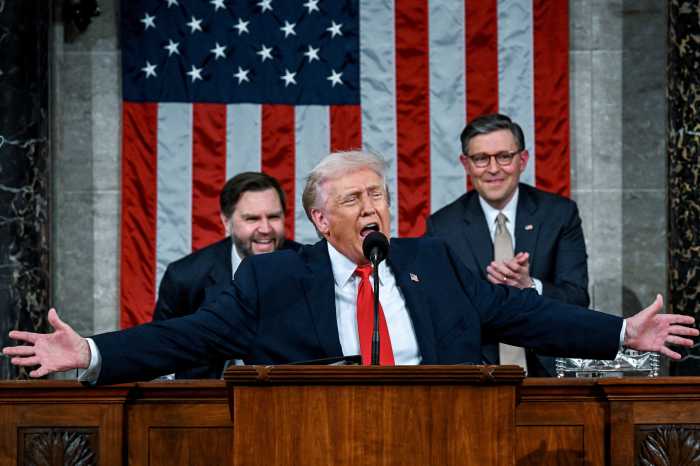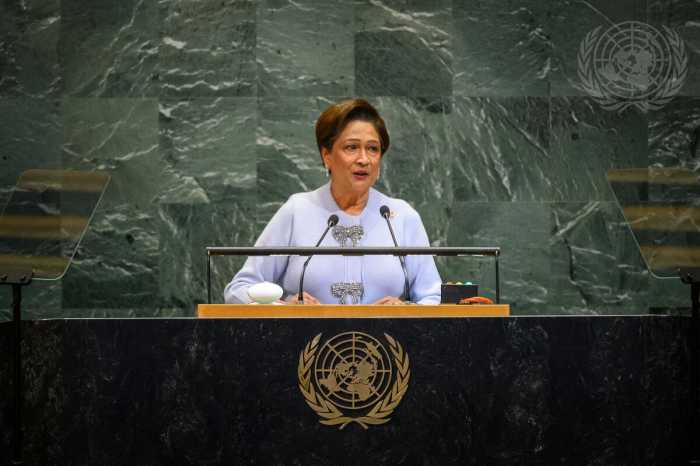Federal judge lets Georgia publiclibrary exclude gay newspaper
A federal judge in Georgia ruled November 19 that a public library did not violate the U.S. Constitution’s First Amendment freedom of press guarantees when it removed all non-governmental publications from a free periodicals table in its lobby after some members of the public complained about the presence of a gay newspaper among those being distributed. The Ohoopee Regional Library System had permitted The Gay Guardian, a local gay community newspaper edited by Ronald Marcus, to be included with other free publications on a table in the front lobby of its Vidalia-Toombs County, Georgia, library. After some patrons complained to the librarian about the presence of a gay newspaper, the library decided to terminate the distribution of all non-governmental publications from its lobby table. When Marcus challenged the decision, the library stated that it changed its policy so that “no group, organization, or individual would be singled out or treated differently.” Marcus filed a federal lawsuit, claiming that since the policy was motivated by complaints about the gay newspaper, it was a content-based censorship move by the library. According to District Judge B. Avant Edenfield summary of Marcus’ argument, the plaintiff insisted “that the Library is unconstitutionally censoring The Gay Guardian even at the expense of squelching other, non-gay speakers.” The Library does not carry copies of The Guardian in its periodicals collection, so patrons who want to find it must access it online on the library’s computer terminals. The opinion does not mention whether the library has installed Internet filters to prevent patrons from accessing sexually oriented material on its terminals. However, a federal statute requiring such filtering as a condition of federal funding of public libraries makes it likely that this is the case. As a result, patrons might even be denied access to the newspaper online, since most such filtering programs automatically screen out web sites with words likely to appear in a gay newspaper, such as lesbian, homosexual, and transsexual. Edenfield devoted a long opinion to analyzing Marcus’ constitutional claim, focusing specifically on the status of a public library as a “public forum.” He ultimately concluded that the library’s lobby, at best a limited public forum, could be “closed” on a non-discriminatory basis. Since the library––apparently well advised by legal counsel––excluded all non-governmental publications, it could not be charged with having engaged in a discriminatory, content-based partial closure of the “public forum” that it had initially created by setting up the table with free distribution of community newspapers. While Edenfield’s constitutional analysis seems plausible, his discussion of other cases involving library censorship is not always convincing, especially when one considers the likelihood that this decision may well sharply decrease the newspaper’s accessibility to members of the area’s gay community. Edenfield never even discussed the likelihood that such a publication might have difficulty finding free distribution points, or that individuals concerned about their own privacy might be deterred from specifically requesting assistance from a librarian in attempting to access the publication online. The judge also dismissed without any discussion Marcus’ contention that the library’s action might have violated the 14th Amendment’s due process and equal protection clauses, contending that Marcus had not articulated any arguments specifically directed at those provisions, and that it was not the court’s job to argue his case for him.




































